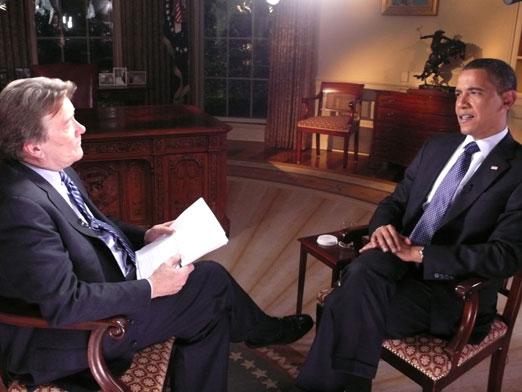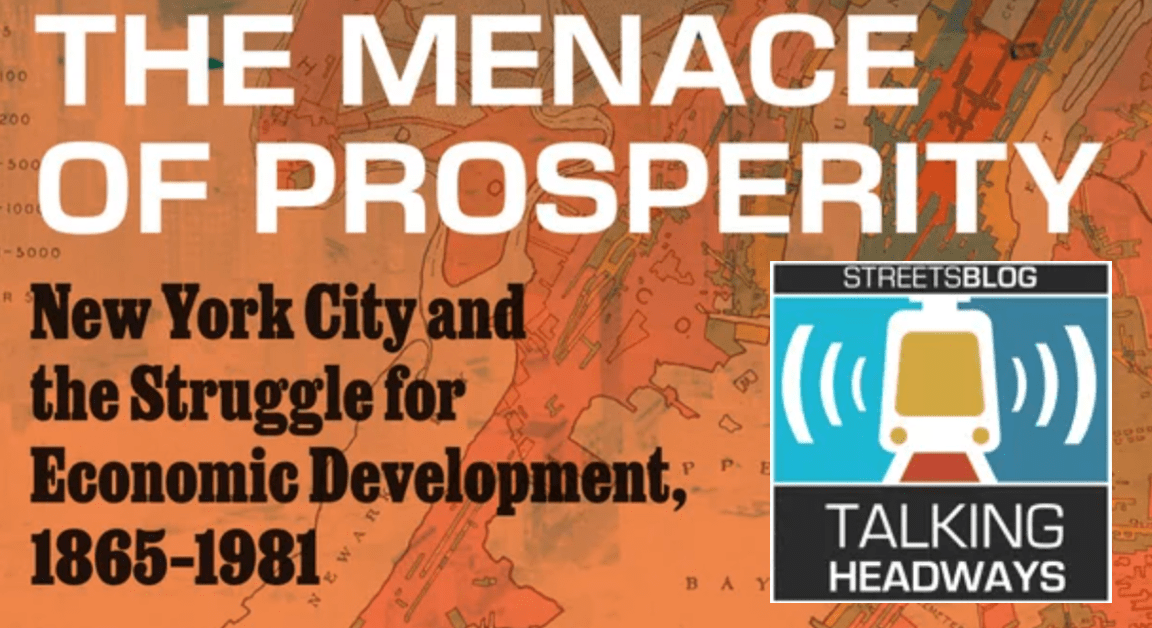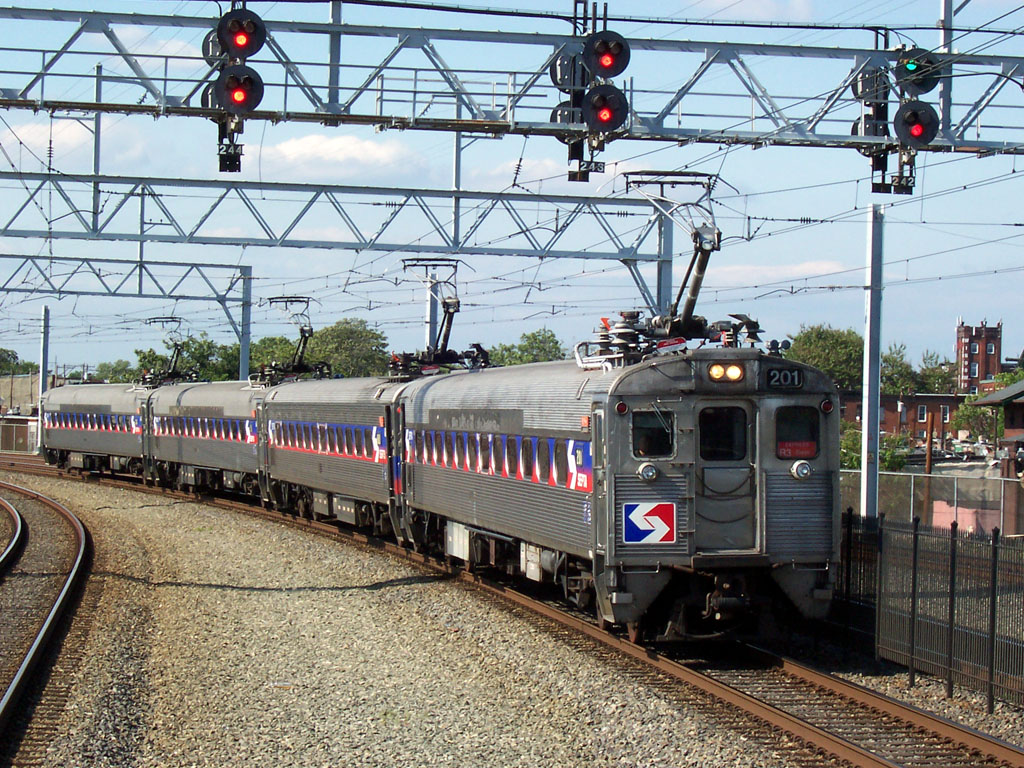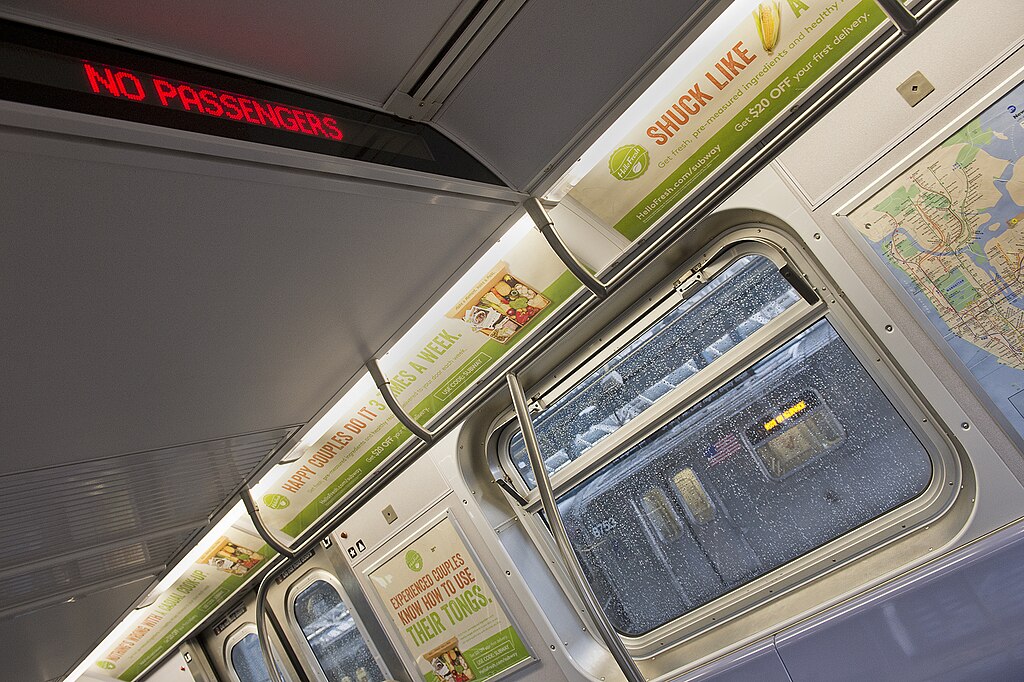Last night, President Obama appeared on 60 Minutes to talk about the election results – a “shellacking,” as he’s called it – and chart the path forward. He talked a lot about infrastructure – and between the lines of some of his other comments are messages we should be paying attention to.

The first thing that piqued my attention was this:
In some cases, there may be worthy projects that we can't do right now, just because we haven't built the consensus for it. You know, that's an aspect of leadership that I didn't pay enough attention to in the first couple of years.
Obama seems to indicate he’s going to shy away from big legislative battles for a little while. It makes you wonder what “worthy projects” he’s going to sacrifice. It also begs the question: what does that mean for his $50 billion infrastructure push?
Well, he didn’t say anything specifically about that. Most advocates think the chances of lame-duck passage of any infrastructure spending (beyond the continuing resolution keeping spending at 2010 levels for the first couple months of next year) are, roughly, nil.
But President Obama still holds out hope for consensus on infrastructure spending.
60 MINUTES: Look, the Republicans aren't interested in spending a trillion dollars on infrastructure right now. They don't want stimulus programs.
PRESIDENT OBAMA: Well, you know, again, historically, rebuilding our infrastructure is something that has garnered Democratic and Republican support. I want to have a conversation with them and see if that's still the case. What I just mentioned in terms of providing tax breaks for companies that are investing here in the United States. That's not a traditional liberal position. That's a traditional Republican position. That's a Chamber of Commerce position.
60 MINUTES: It is a Chamber of Commerce position. Why haven't they been able to persuade the Republicans that it's a good idea?
PRESIDENT OBAMA: Well, you know my hope is that, now that the election's over, that there's gonna be more openness to taking those kinds of steps. The fact is that in the six months leading up to the election, I think whatever proposals we put forward were not gonna get a serious hearing. Because it didn't serve short term political purposes.
But long-term political purposes are a whole other story. Obama’s counting on infrastructure investment to create jobs and restore American competitiveness in a world that’s outpacing us. He pointed to Chinese and European infrastructure network improvements and said it was time “for us to figure out, in a bipartisan way, how to start rebuilding our roads.” Notice he said rebuilding roads, not building new ones. He mentioned rail too.
And he still wants to “frontload” investments now, “at a time when interest rates are real low, and people are desperate for work.”
I mean, there are construction crews all across the country that are dying for work. And companies that are willing to take a very small profit in order to get work done. And so for us to say now's the time for us to rebuild this country and equip ourselves for the 21st Century. That's something that could make a real difference.
He made this point over and over again on 60 Minutes. Clearly he doesn’t think the Republican “shellacking” was an indication that he should give up on this particular message.
We reported last week that some reform advocates, especially on the bike-ped side of things, are nervous about talk of an earmark ban, since some good projects get funded by earmarks. Obama told 60 Minutes he’s serious about reforming the earmark process, if not banning it altogether.
Now, I campaigned saying we should stop doing earmarks. You know, even though it's small as a part of our overall federal budget, you know, what people consider to be pork projects, no matter how worthy, make people feel that government's not accountable. And there should be a better way of doing it… You now have a lot of Republicans who ran as outsiders, who are coming in. And my hope is that we may be in a position now where the two sides meet and agree on some things that need to be changed.
He thinks getting rid of “pork” to restore trust in government might be one of those win-win situations.
Reformers will have to be vigilant to make sure sustainable transportation doesn't lose out in that equation.





